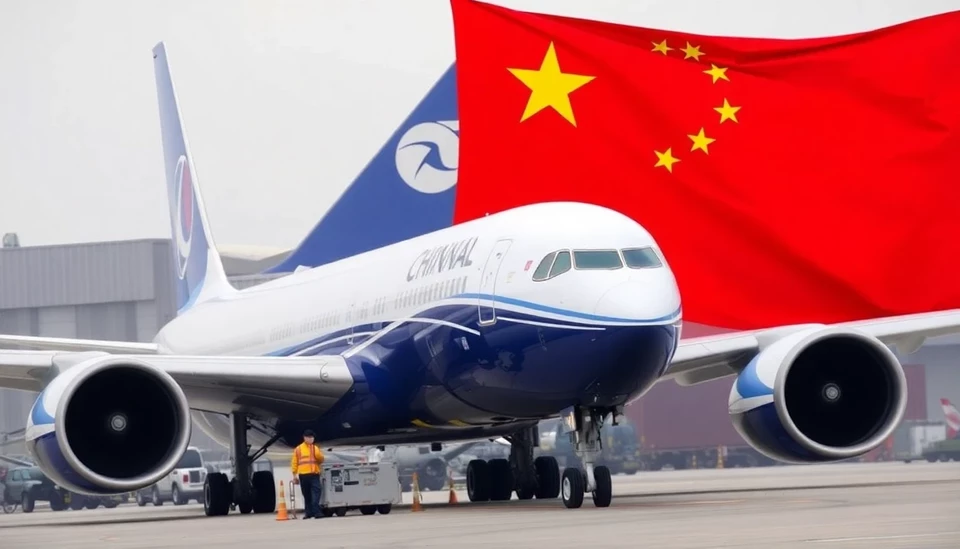
In a significant move reflecting the growing unrest among its workforce, Boeing employees have rejected a proposed labor deal that sought to address various concerns related to employment benefits and compensation. The decision comes as a considerable surprise and serves as a clear indication of the ongoing tension between the aviation giant and its labor force.
The proposed contract aimed to provide enhancements to employee compensation and address some longstanding grievances, including job security and working conditions. However, the deal faced considerable pushback from workers who are increasingly vocal about their desire for a stronger commitment to pension benefits, particularly as the company continues to recover from a tumultuous period marked by production issues and the pandemic's impact on the airline industry.
Union leaders representing the Boeing workforce stated that there was significant pressure from employees to reject the deal, citing that many felt it did not go far enough in addressing the critical issue of pension benefits. Workers are optimistic that the rejection of the deal could prompt Boeing to reconsider its approach and negotiate a new agreement that meets their expectations regarding pensions. This sentiment is particularly noticeable among long-time employees who feel that their future financial security is at stake.
This vote marks a crucial point in the relationship between Boeing and its employees, highlighting a shift towards more aggressive bargaining tactics by the workforce. Boeing, which has faced considerable scrutiny in recent years over safety concerns and production delays, must navigate this challenging landscape as it strives to rebuild trust and ensure worker satisfaction.
As of now, stakeholders are closely monitoring the company's next steps following the rejection of the deal. Analysts suggest that Boeing may have to enhance its offering significantly to prevent further unrest among the workforce, which could spell trouble for the company's future production schedules and overall workforce morale. The outcome of these negotiations is expected to significantly influence the company's operational efficiency and profitability going forward.
In light of these developments, union representatives have expressed their commitment to continue advocating for their members, emphasizing the importance of fair and equitable benefits, especially in terms of pensions. They also recognize the necessity for ongoing dialogue with management to find common ground that respects both the company's financial constraints and the workforce's demands.
As Boeing navigates this critical juncture, the focus remains firmly on the negotiations ahead and the potential implications for the industry as a whole. Will Boeing cater to its employees' demands and restore faith in its commitment to workforce welfare? Only time will tell how these developments will unfold.
Stay tuned for further updates as Boeing employees push for a better future with an emphasis on securing their financial stability through equitable pension plans.
#Boeing #LaborRelations #PensionReform #UnionStrike #EmployeeRights
Author: John Harris




